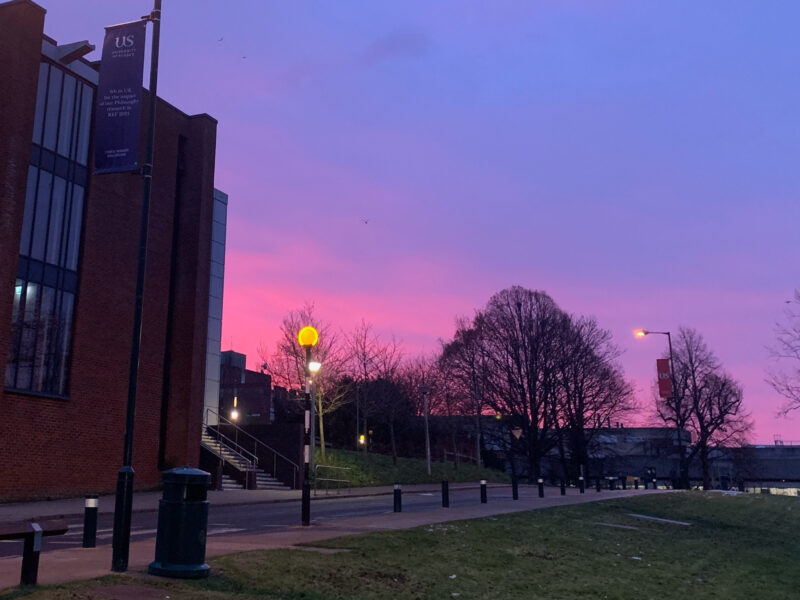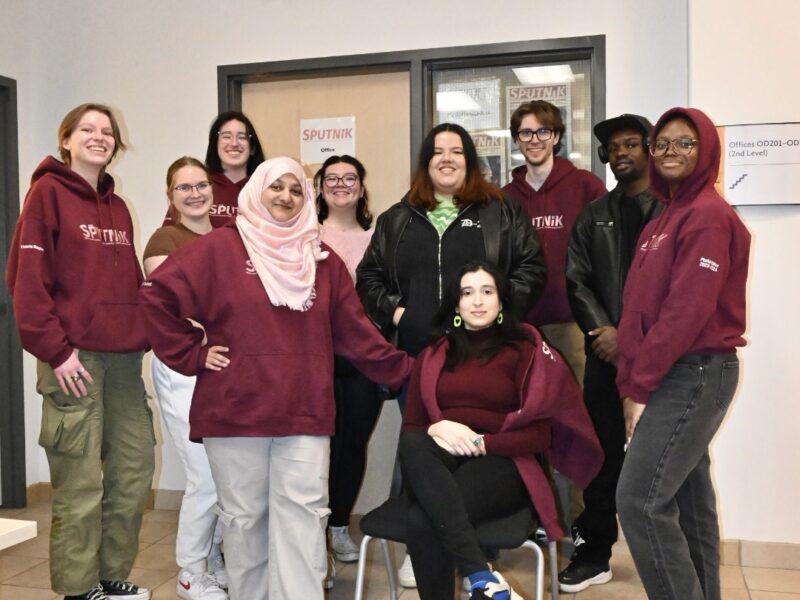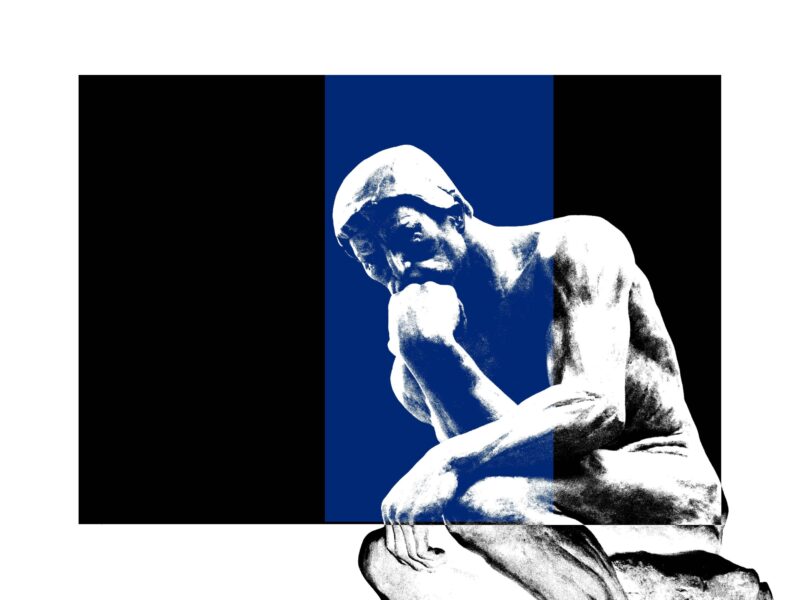I remember the first time I heard the land acknowledgement crackle through the decades-old speaker in my Grade 12 English class after morning announcements. I recall being confused and somewhat irritated with the puzzled whispers and murmurs that engulfed the classroom shortly after. Many were asking what the names “Haudenosaunee” and “Anishinaabe” were, as they were completely foreign to our ears. I remember many grumpy complaints, mostly focusing on why we had to listen to another annoying interruption in the morning. It’s with great regret and shame that I admit I agreed.
After some questioning of my teachers, many of whom could not provide a proper answer, I found out that what we heard was a message all schools are now required to play to inform students that the land on which we study belonged to Indigenous tribes, many of which are still alive and functioning today.
Now, I had taken history, but all I could tell you about the Indigenous population of Canada was that they were people who existed here when the world superpowers arrived and settled the land. Apart from that and the Disney movie “Pocahontas”, I had absolutely no clue about the Indigenous population that, to my surprise, still lived in present Canadian society. That’s where I see a problem. A major part of Canada’s history was never taught. We never learned about the two Great Wars, the roaring 20s and the Great Depression. We even learned about Canada’s role in slavery at the young age of 11, yet we never learned anything about Canada’s Indigenous peoples and the destructive role the Canadian government had in their history.
Now here’s the best part: just because this stuff was never taught doesn’t mean its gone away. Despite the fact that the average citizen has no idea of the horrors of residential schools, the 60s scoop and life on the underfunded and neglected reserve lands, all these things are still a reality for Canada. Here at Laurier Brantford, most of us are studying humanities or social sciences. With that, most of us intend to graduate and work in a job in which we interact with all members of Canadian society. So let me ask you: how do you plan on working with the Indigenous people, their families and communities, which you undoubtedly will encounter, if you don’t know the first thing about their cultures and the massive amounts of intergenerational trauma they’ve been subjected to? The answer is simple: you can’t.
This is why I believe an intro to Indigenous studies course should be mandatory for all university students – especially those that are studying the social sciences.
People are still so ignorant of what the Indigenous peoples of our country have suffered. Being pushed off their land, tricked into giving up their rights, restricted to tiny reserves, having their traditions and cultural practices banned. Indigenous children were sent to schools where they were stripped of their Indigenous identities and were repeatedly mentally, sexually and physically abused.
How are we going to move forward from this? How do we expect the people who have been greatly affected by these occurrences to move forward with us if we don’t ensure that Canadians know what happened?
If we ensure that all students leave their post-secondary education with even just a general understanding of Indigenous cultures and history, then I am sure we will see the stigma surrounding such an important part of Canadian society begin to decline. We need to make sure that the leaders of tomorrow are equipped with a working understanding and appreciation for this marginalized portion of our society.
Now if you’re sitting there rolling your eyes about the notion of another mandatory class being inflicted on your schedule, then consider this: we are already faced with at least two mandatory courses here that revolve around the lengthy and sometimes incomprehensible writings of rich old white men. So, do you really think that hearing what Montesquieu thinks about revolution or what Machiavelli would think about surveillance is anywhere near as important to your future than a working knowledge of a whole living minority you will likely interact with? This isn’t a tough question people. We need to be informed about all aspects of Canadian society in order to allow it to function as the free, equal and safe country we promote.
Decolonizing a university is something that happens when Indigenous professors and Indigenous students are accepted and welcomed on campus. When Indigenous people are finally given a place in which they can help design and decide how to educate Canadian people, our society may finally begin actively begin to participate in reconciliation.
It’s not enough that we have to stand for an extra 10 seconds listening to the same recording of a simple land acknowledgment. It’s not enough that some campuses are fortunate enough to have a few Indigenous studies courses available. It shouldn’t be acceptable that some Canadians can look you in the eye and claim with full sincerity that “Indians” no longer exist.
We need to do better. We can do better. Better needs to start in schools, as it is education that will teach us how to move forward with respect and live our lives constantly aiding in the crucial process of reconciliation for all Indigenous peoples of Canada.




